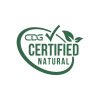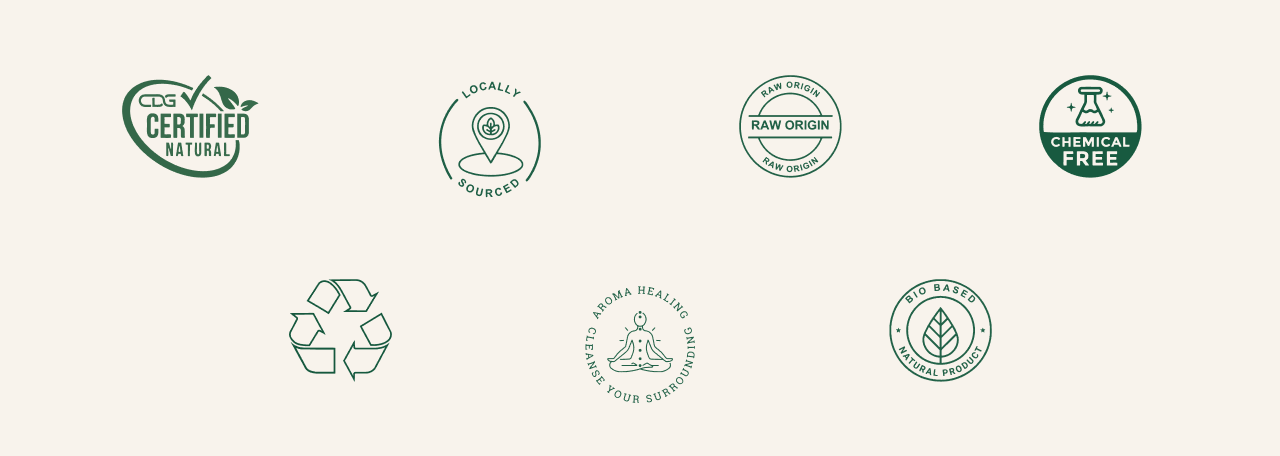No products added!
The life cycle that earth came with worked well to sustain life. It was a simple approach. One organism’s waste was another organism’s food. The end result being everything going back to earth in one form or another. But over the past years, the promise of development has hypnotized us, humans. Progress is now synonymous with destruction and we have blindly accepted this new definition. Think about it. Is it really progress if it means costing more lives for the benefit of the few?
The life cycle that the earth had conveniently mapped out is now shattered for human convenience. Circular economy echoes the earth’s model of life. The idea of matter finding a way back to earth to contribute to the life of another. Humans on the other hand have succumbed to what is now known as the linear economy approach- TAKE, MAKE, DISPOSE AKA the lure of consumerism. A new shoe release and we run to make a purchase, a new phone and we already make plans of disposing of the old ones, a new shampoo advertisement with shiny hair and we run to the supermarket for a purchase. One may ask, what is wrong with this way of life? After all, what is the economy without such innovations? The problem is that earth was never resilient to survive this scale of consumption. We are tapping into finite resources, and the tonnes of waste disposed rots in landfills intoxicating other forms of lives. Not only are we destroying the lives of these plants and animals, but also the lives of human species. This information isn’t new. All of us are conscious of human destruction on earth. But it seems as if this life of convenience we lead has made us too comfortable to let it go.

What is Circular Economy in the 21st century?

Empowerment through local Production:
This model has the local community at its core of beneficiaries. With locally sourced raw materials, the concept ensures equal access and benefits of production to vulnerable communities that are otherwise out of the loop in a transaction. Revenue stays within the community, advancing poverty eradication and empowerment by building productive capacities of all social groups. Praanapoorna’s livelihood project targets exactly this aspect of circular economy. The core of the company echoes the Gandhi model of Swarajya, self reliance and a circular economy, and Swadeshi, local production and consumption, model.
Path to Zero waste:
Reusing and recycling materials, will inevitably lead to low resource consumption, and with the conscious use of materials and responsible waste disposal, the model prevents tonnes of waste from flooding the landfills. To put things into perspective, take the example of Praanapoorna itself. The production process, uses zero energy, with products being made out of fruit peels and containers recycled from factories. It produces zero waste, contributing nil to the landfills and it is biodegradable. Another initiative includes Tata Global Beverages’ Tetley factory in Eagles Cliffe, which recycles all of its waste including tissue, general waste, cardboard, metal, and tea dust discard.

Why should businesses adopt it in a purely economic perspective? What does it mean to the human race?
With the current rate of consumption, we can be sure that soon we will have no natural resources to rely on and that comes with global economic costs. At the turn of the millennium, natural resource prices observed a hike because of its shortage. With constant oil shocks carving a path for economic recession and our vulnerability due to its dependence will eventually leave us in a dystopic world, if we haven’t already reached there. Resource costs would reach sky-high, leaving mere survival a luxury. This seems dramatic and exaggerated, but it is very much a possibility, especially leaving developing economies vulnerable. UNIDO observes that circular economy would address this dilemma, possibly reversing resource use in the developing world and in turn resource depletion, climate change, and poverty. So, the question is, why would we not change our ways?
Companies save money, consumers live better and more ethical lives. The world becomes a better place to live in and the environment around will definitely be more amicable to us humans. This throwaway culture that we have currently going on for us will only lead us into rabbit holes. A circular economy gives us a segway into being better and making our future prosper. That said, there are numerous organizations that have adopted a circular economy approach, but not enough to make a bigger impact. This only proves that the possibility of a better future is being hindered not by technicalities but by conscious choices. We need to stop viewing nature as a separate entity, away from human lives. We are rooted in the processes of nature and in the larger picture, nature’s destruction will eventually be our destruction.
References:
https://www.sciencedirect.com/science/article/pii/S0959652617330706
https://onlinelibrary.wiley.com/doi/full/10.1111/jiec.12732








